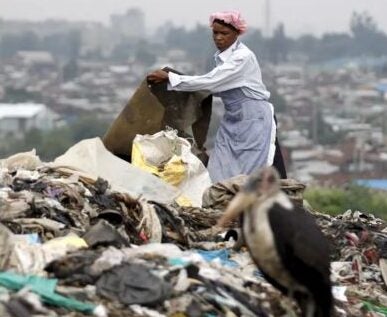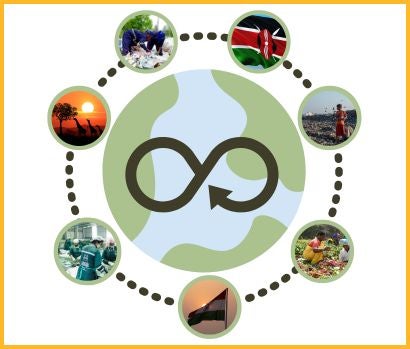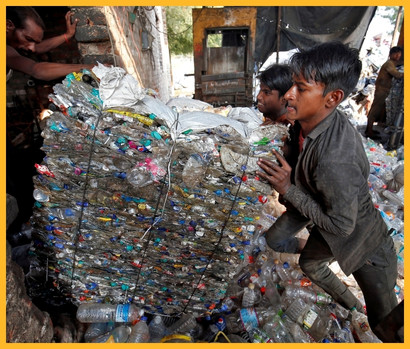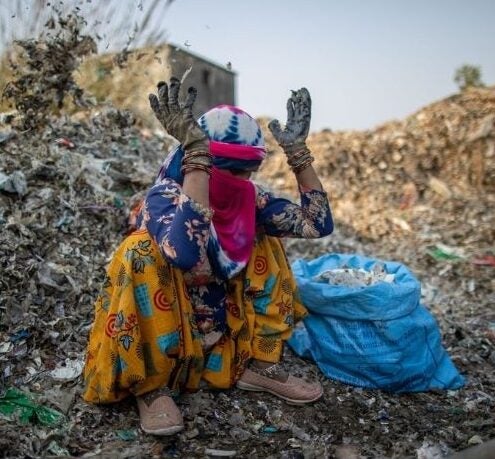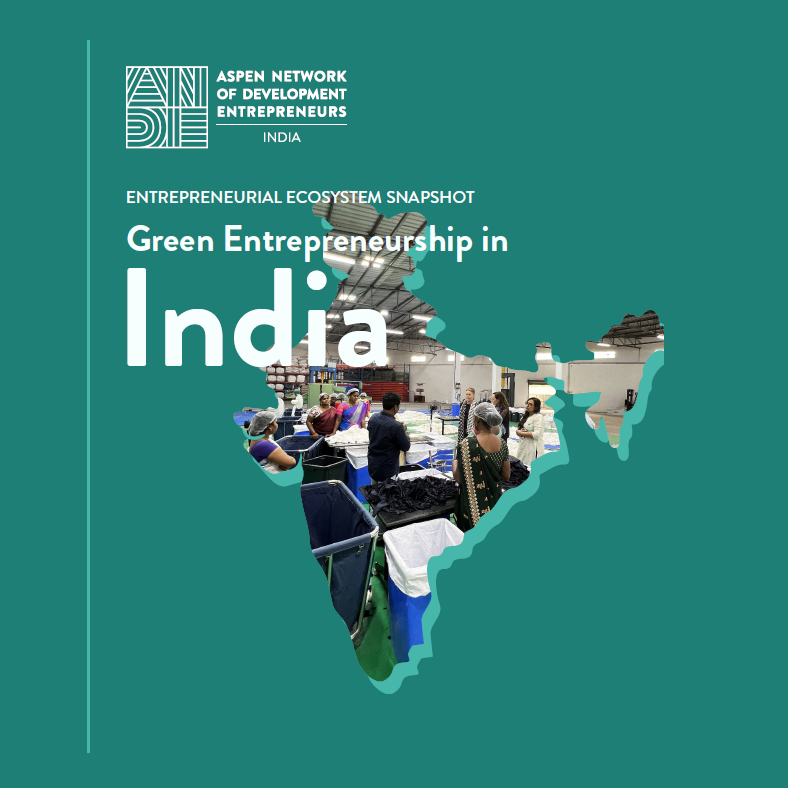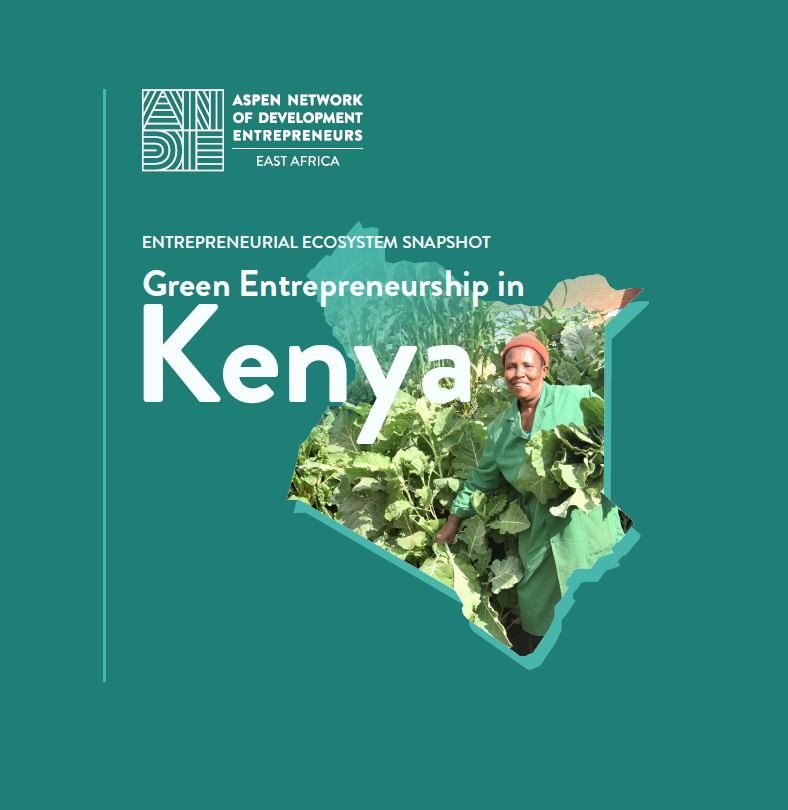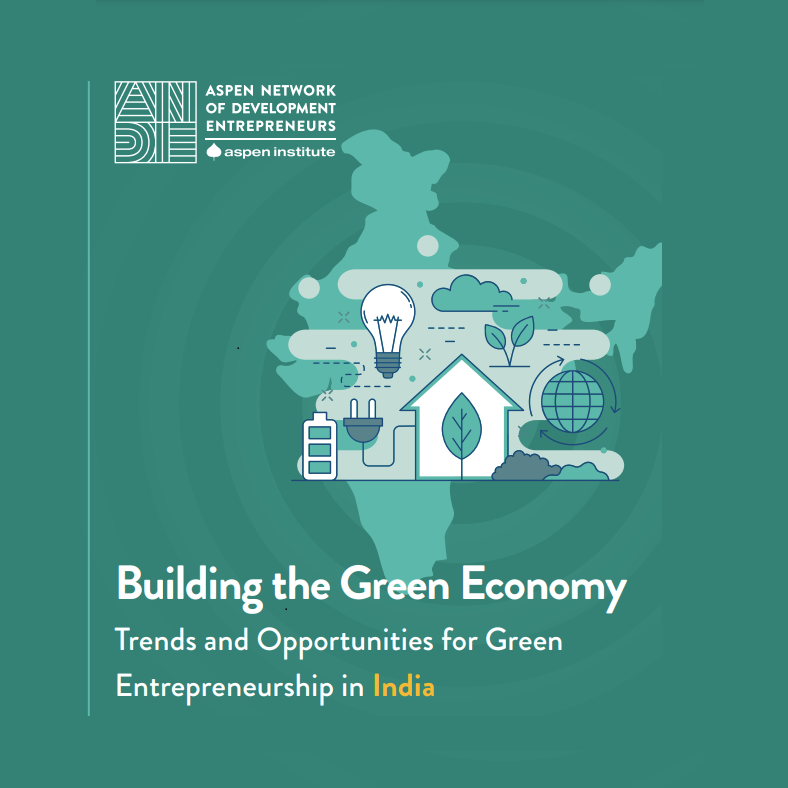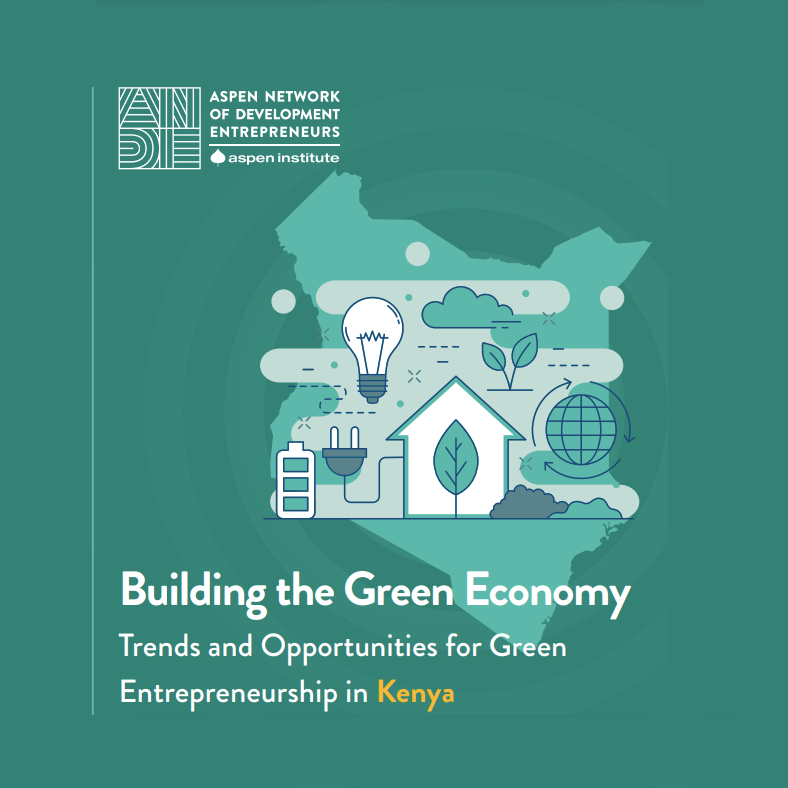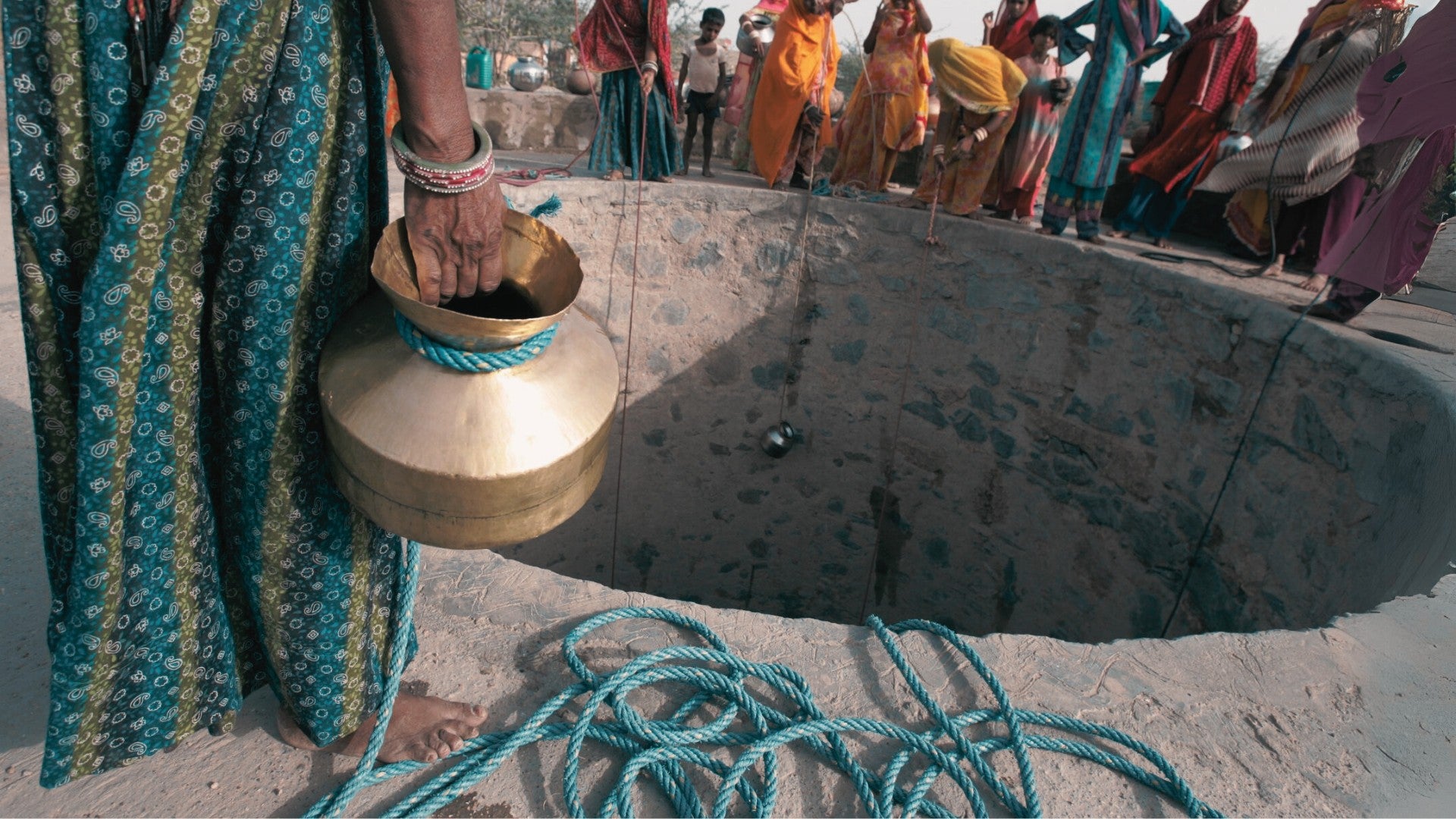
Catalyzing Investment in India and Kenya for SGBs in Waste Management and Circular Economy.
ANDE, in partnership with the IKEA Foundation, launched the second phase of its project supporting green entrepreneurship in India and Kenya.
Through an innovative project aimed at increasing the financing available to early-stage enterprises operating in the Waste Management & Circular Economy sectors, this initiative marks a significant stride toward a greener, more inclusive economy where entrepreneurs in India and Kenya can flourish and generate quality employment opportunities in the waste and circularity sector.

In partnership with the IKEA Foundation, ANDE set out in 2021 to understand and bolster support for green entrepreneurial ecosystems in India and Kenya to help both countries adapt to the effects of climate change. The project brought together donors, investors, enterprise support organizations, policymakers, and entrepreneurs to identify and support solutions to propel the growth of green enterprises in India and Kenya.
The initial effort culminated in four research studies that delineated the current state of green entrepreneurial activity and identified opportunities and challenges unique to green SGBs in each country.

In 2024, we launched the second phase of the initiative to unlock financing for the waste and circularity sector.
Despite a massive market opportunity—valued at $823.2 billion in India and $53.9 billion in Kenya—this sector remains underfunded. The biggest hurdle? Limited access to finance. Investors point to challenges such as low confidence in green business models, a lack of investment-ready enterprises, and inadequate policy support to formalize and scale sustainable businesses.
This phase aims to bridge these gaps, drive investment, and foster a thriving circular economy.
The project will address these challenges by:

Key Components
ANDE will support a selected group of investors interested in waste management and circularity in India or Kenya through a series of activities to improve their knowledge, networks, and strategies around investing in the sector.
The Investment Innovation Fund enables selected entrepreneurship support organizations (ESOs) to design interventions in consultation with investors that are likely to lead to more capital deployed in waste and circularity businesses.
ANDE’s Waste & Circularity Action Lab in Kenya will bring together a variety of sector stakeholders to identify innovative, collaborative solutions to systemic challenges facing the waste and circularity sector in Kenya.
ANDE will partner with local advocacy partner organizations in India and Kenya to connect 20+ public and private ecosystem actors, validate policy recommendations, and advocate for policy reform in the waste management and circular economy sector.

Discover key opportunities in waste management across India and Kenya with our latest guides, spotlighting high-impact sectors and innovative financing strategies for sustainable development.
This resource hub presents investment guides on four critical sub-sectors—organic waste management, plastic waste management, wastewater management, and integrated waste management—offering actionable strategies to drive sustainable growth. Developed under ANDE’s Access to Green Finance Project with grant support from the IKEA Foundation, these reports equip investors with the knowledge needed to fuel impactful, scalable solutions.


Join us
Be part of this transformative journey toward a sustainable future where green businesses thrive and spearhead innovation and job creation.
For more details or to get involved, reach out to:
-
India – Ananya Saini (ananya.saini@aspeninstitute.org)
-
Kenya – Francis Gitau (francis.gitau@aspeninstitute.org)

